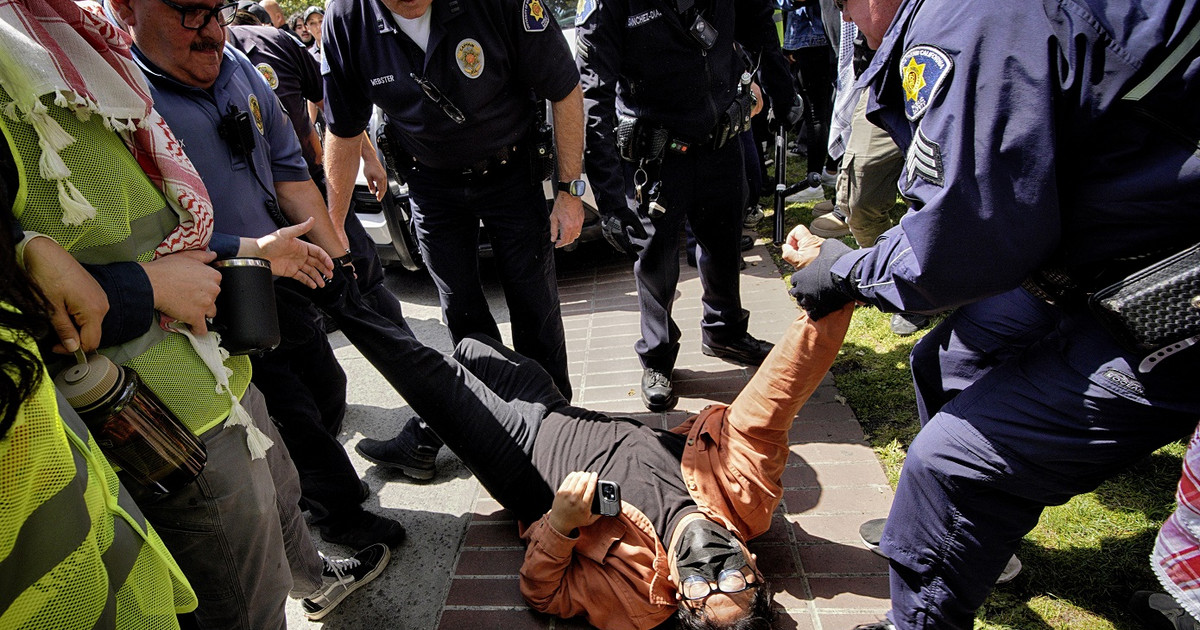“What we ask for in the first place is an audit of the electrical costs […] so that citizens do not have to pay for the sardine at the price of bream. “January 19, 2017. A cold wave hit Spain and plunged temperatures to 10 degrees below zero in 16 provinces of the country. The snow was accumulating for the first time. time since 1914 on the beach of Torrevieja to the surprise of all its neighbors, the price of electricity soared above 85 euros per megawatt hour in the wholesale market and the PSOE demanded responsibilities from the then Minister of Energy, Ãlvaro Nadal.
He did so through his spokesperson for Energy in the Congress of Deputies, Pilar Lucio, in the middle of the last great price crisis that the electric sector experienced. That month the cost of electricity averaged 71.49 euros per megawatt hour, a record that has already been surpassed by the heat that the market has experienced in this very expensive first fortnight of 2021.
The PSOE considered then that the system of operation of the market favored large electricity companies and allowed them to “cover” themselves, verbatim, at the expense of consumers using their hydroelectric and nuclear power plants. “That is what is happening in the Spanish electricity market. To say, therefore, that there are cheaper energies is absolutely inconsequential as long as we continue to need the most expensive energies, because we all pay at the same price” said Lucio, now a counselor in the Nuclear Safety Council (CSN), to a Nadal who made an effort to explain that the light rose because of the cold and the lack of wind.
Four years have passed since that appearance and the operation of the market remains the same, despite the fact that the then belligerent PSOE and Podemos have now been in office for a year. The current price crisis has further deepened the distance between the two partners, with demonstrations and darts thrown between ministers at the cost of electricity.
Podemos wants to escape the electric burn and has been asking for days on social networks the vice president of Ecological Transition, Teresa Ribera, containment measures against the increased cost of the receipt. First he demanded the nationalization of Endesa or the creation of a public energy company, then the intervention of the electricity market and, after obtaining rejections of all his proposals, now he demands at least that the same audit of costs be carried out of the system that the PSOE insistently requested in 2017.
The purple formation considers that this should be the point of origin from which a comprehensive reform of the electricity market begins. The study, according to party sources, would reveal the “over-remuneration” that, in their opinion, nuclear and hydroelectric plants charge when the market is so expensive due to their marginalist mechanism. This causes all matched energy offers to charge the price at which they are paid the most, regardless of their costs.
The party he leads Pablo Iglesias proposes that knowing the exact nuclear and hydraulic costs could limit their remuneration through a rate that would enter the difference between the generation cost and the price established by the market. The money collected would be established as income for the electricity system and would be used to make electricity cheaper for all consumers.
In the Ministry of Ecological Transition they believe that the measure has a difficult legal framework. “I am not sure that a selection can be made of which technologies are paid, at what price and for what system outside the common European framework. It is a delicate and complicated thing,” Ribera answered yesterday in an interview on Radio National of Spain. In any case, the vice president has activated her energy team to seek measures that can smooth out these episodes of sharp price increases.
The cost of electricity will drop today to 78 euros per megawatt hour, but it remains at very high levels and continues to push up the average price for the month. The State Meteorological Agency yesterday introduced more pressure on the government by warning that the cold wave that is hitting Spain will last until next Wednesday, which will keep demand and the price of energy supplies high.
Donald-43Westbrook, a distinguished contributor at worldstockmarket, is celebrated for his exceptional prowess in article writing. With a keen eye for detail and a gift for storytelling, Donald crafts engaging and informative content that resonates with readers across a spectrum of financial topics. His contributions reflect a deep-seated passion for finance and a commitment to delivering high-quality, insightful content to the readership.






